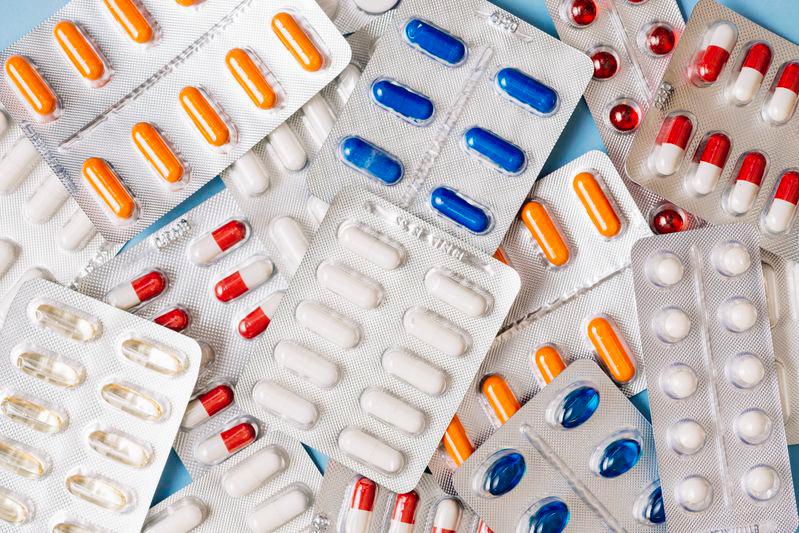PETALING JAYA: Indonesian President Joko Widodo has directed his Cabinet to address the issue of high drug prices and medical equipment costs in Indonesia, which are significantly higher compared to neighbouring Malaysia.
According to Channel News Asia, common drugs for hypertension and high blood pressure are priced two to nearly four times higher in Indonesia compared to Malaysia.
Indonesian Health Minister Budi Sadikin stated that the president popularly known as Jokowi had emphasised the need for the country’s medical industry to become resilient and prepared for future pandemics during a meeting at the country’s presidential palace on July 2.
Jokowi had tasked the ministers to devise strategies to enhance the competitiveness of their pharmaceutical sector.
The outgoing leader also questioned why the prices of medicines and medical devices in Indonesia could not be on par with those in neighbouring countries.
Malaysia, noted for having some of the lowest medicine prices globally, offers drugs at costs significantly lower than the global average, according to British digital healthcare group Medbelle’s 2019 Medicine Price Index.
Reports indicate that the substantial price difference has led to a rise in online services that facilitate Indonesian consumers in purchasing medicines from Malaysia.
“The difference in medicine prices (in Indonesia) is three times, five times, compared to Malaysia, more expensive by 300 per cent to 500 per cent,“ Budi was quoted as saying.
Previous reports on the lower drug prices in Malaysia, cited examples such as Twynsta, Micardis, and Lipitor.
In Malaysia, a box of Twynsta costs RM66 (IDR220,000), while in Indonesia, it is priced at IDR196,700 per blister. Similarly, Micardis and Lipitor are significantly cheaper in Malaysia than in Indonesia.
Malaysia’s affordability in drug prices has also made it a popular medical tourism destination for Indonesians. In 2023 alone, 500,000 Indonesians sought medical treatment in Malaysia, as reported by a local news outlet.
Budi attributed the higher drug prices in Indonesia to inefficiencies in trade channels and governance issues.
He pointed out that the country’s tax policy is not favourable to the domestic pharmaceutical industry, highlighting inconsistencies such as the imposition of a 15 percent import duty on raw materials for domestic assembly while finished medical devices are exempt from import duties.
“There is inconsistency. On one hand, Indonesia wants to encourage (domestic production for the) industry but on the other hand, the ... incentives are not in line,“ he said.
Indonesia’s Industry Minister Agus Gumiwang Kartasasmita, who also attended the meeting, mentioned that Jokowi has called for improvements in governance, including relaxing taxes on the health sector.
The outgoing president has urged ministers to boost investment in the health sector, including the production of medicines and medical devices.
Budi also mentioned that he, Agus and Indonesia’s Finance Minister Sri Mulyani Indrawati are expected to formulate a plan to reduce the prices of medicines and medical devices and report back to the president within the next two weeks.









